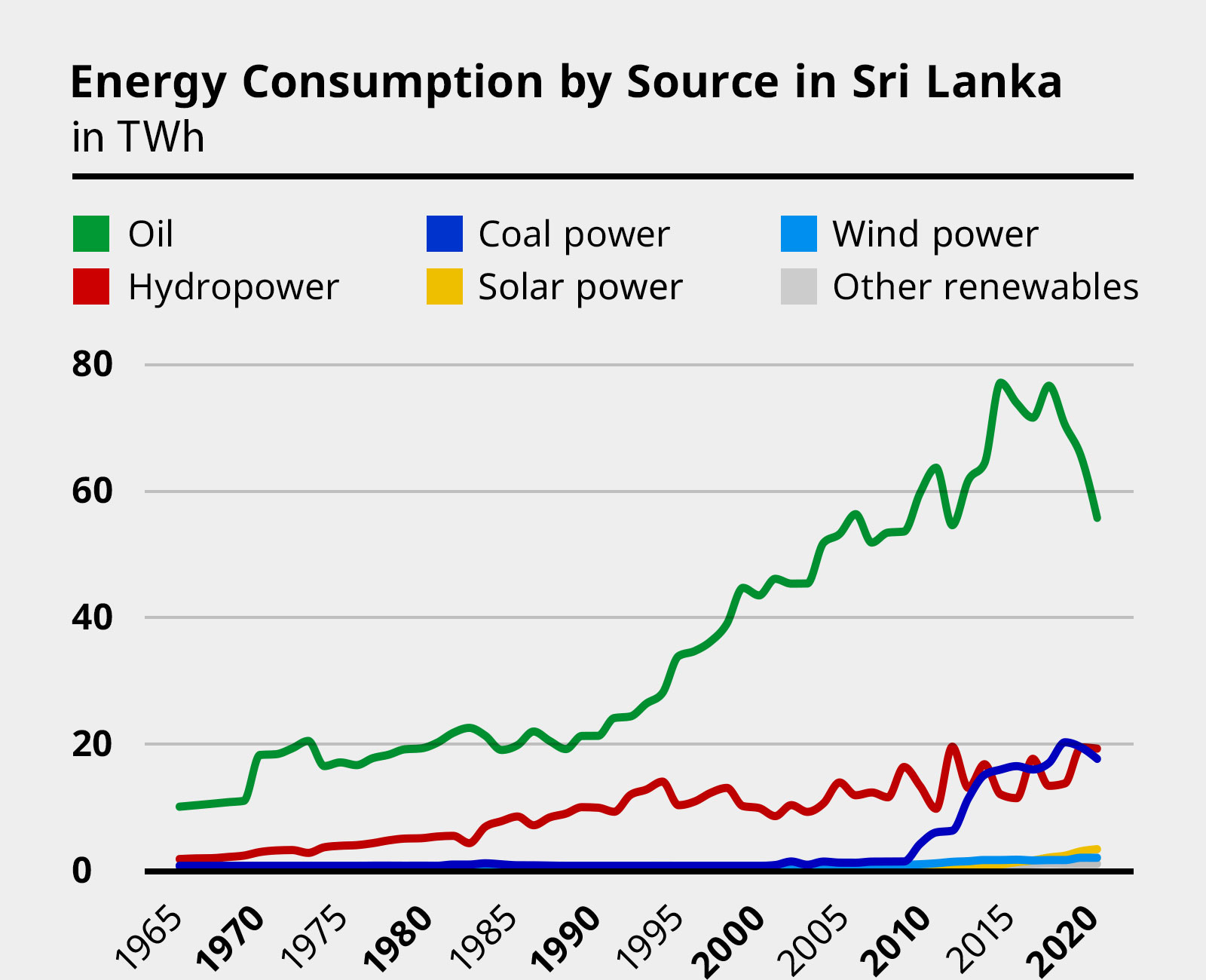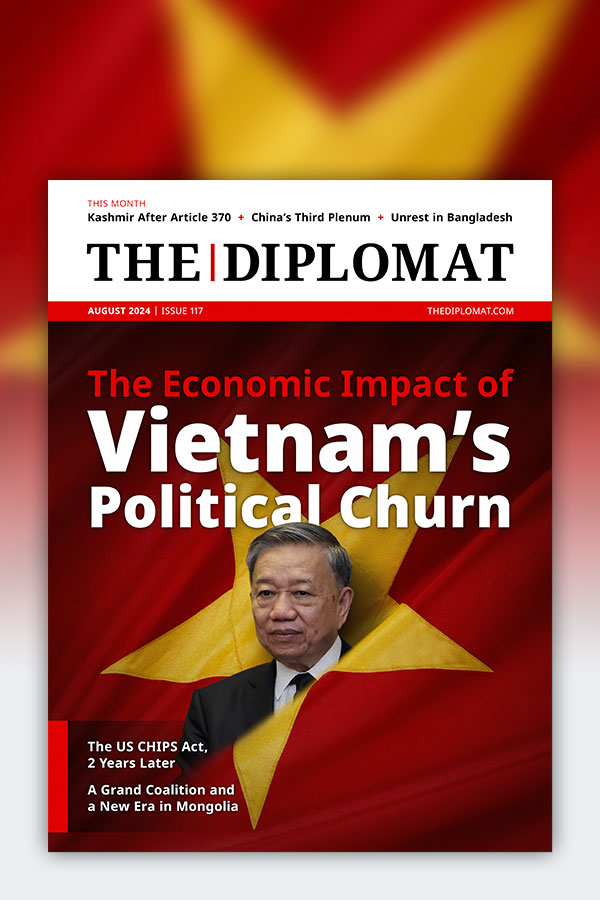| Welcome to the latest issue of Diplomat Brief. This week our top story examines the environmental and security implications of Cambodia’s Funan Techo Canal. We also have an interview with Apoorvanand, a professor at the Delhi University, on a potential split between Prime Minister Narendra Modi and his ideological fount, the RSS. |
| Story of the week | ![[object Object]](jpg/feature3860-10.jpg) | Environment The Geopolitics of Cambodia’s Funan Techo CanalWhat Happened: On August 5, Cambodia’s Prime Minister Hun Manet presided over the groundbreaking ceremony for the Funan Techo Canal, a $1.7 billion project seeking to create a waterway linking Phnom Penh, the capital of Cambodia, to the southern coast. The canal has sparked consternation in Vietnam over the potential security and environmental implications. Our Focus: Analysts Nguyen Minh Quang and James Borton – both co-founders of the Mekong Environment Forum – analyze what we know about Cambodia’s new canal and its impact. They find concerns that the canal might be traversed by Chinese warships to directly threaten Vietnam not to be credible – but that doesn’t mean Vietnam has no cause for concern. “Early evidence reveals that the Funan Techo Canal is only phase one of an ambitious plan,” they write. “Urbanization, agricultural modernization, mining activities, and infrastructure investment, including Kep deep seaport, will follow the canal, which will likely make way for Chinese-backed economic enclaves and military logistic supporting nodes in southern Cambodia.” Perhaps more concerning is the potential impact on the flow of the Mekong River, if too much water is siphoned off to fill the canal. What Comes Next: Cambodia is determined to carry on with the canal, with Hun Manet praising it as a “huge force of nationalism.” That sets the scene for tensions in Cambodia-Vietnam relations, as Phnom Penh has shown no interest in engaging with Hanoi over its concerns – whether environmental or otherwise. Hun Manet’s government has been adamant that it views Vietnam’s concerns as a violation of national sovereignty. Less acknowledged in Phnom Penh is the China-built and China-funded canal’s potential to drastically increase Beijing’s already sizable economic influence in Cambodia. Read this story |
| Behind the News | INTERVIEW ApoorvanandApoorvanand, a professor at the Delhi University and a long-time observer of the BJP and the RSS, on the Hindutva group’s calculations in supporting Narendra Modi: “The RSS knew fully well that if Modi is promoted, it will be undermined… There was a trade-off – if the RSS accepted Modi’s supremacy, they could benefit materially. Also, they would get unhindered access to the state apparatus, which will be of immense benefit.” Read the interview |
| This Week in Asia | Northeast Asia Taiwan’s Olympic ControversiesTaiwan is no stranger to political controversy during the Olympic Games – its very presence at the world’s biggest sporting event is only made possible by an awkward agreement that sees its athletes complete under the name “Chinese Taipei.” This year, Taiwan has had the usual spats, including Taiwanese fans being stripped of signs and other items bearing the name “Taiwan.” But the biggest furor had nothing to do with Taiwan’s geopolitical status, and instead focused on the gender of a single Taiwanese boxer. Find out more | South Asia Bangladesh Regroups After Hasina’s Shock ResignationA month of student-led protests came to a head over the weekend, with massive rallies ending in Prime Minister Sheikh Hasina’s resignation as she fled the country. The protesters are claiming victory, but there are many question marks. Parliament has been dissolved, but there’s no timetable for new elections. Military chief Gen. Waker-uz-Zaman is currently in control, but Nobel laureate Muhammad Yunus has been named to lead the interim government. The fate of Hasina’s Awami League party, which has ruled the country since 2009, is very much uncertain, with the party seen as tainted by the bloody crackdown on the protesters. Find out more | Southeast Asia Vietnam’s President Confirmed as New Communist Party ChiefVietnam’s president this week was confirmed as the new chief of the Communist Party of Vietnam (CPV), two weeks after the death of long-serving General Secretary Nguyen Phu Trong. In his inaugural speech, President To Lam promised to “vigorously promote the glorious traditions” of the CPV, and to carry on the “Party rectification” and “anti-corruption” efforts that had become Trong’s hallmark during his 13 years as CPV chief. The appointment puts the former minister of public security in pole position to secure the position for a full term at the next CPV National Congress in early 2026. While To Lam’s accession to Vietnam’s most powerful position marks the beginning of a new era in Vietnamese politics, he is unlikely to enact major changes to the country’s domestic or foreign policies. Find out more | Central Asia Kyrgyzstan, Tajikistan Inching Closer to Border DealAt least that's what officials keep saying. This week, Kyrgyz Foreign Minister Jeenbek Kulubayev said that the two countries’ heads of state want an agreement reached in the “nearest future.” He suggested two to three months. Kulubayev's comments echoed hope expressed by officials engaged in the negotiation process from both countries who recently said 94 percent of the border had been agreed to. The final 6 percent, however, arguably covers the most difficult spots – though details on precisely what has been agreed to and what remains in contention have not been reported. Find out more |
| Visualizing APAC |  | Source: Our World in Data, 2023 Sri Lanka has become increasingly dependent on imported oil and coal for its energy consumption – with negative ramifications both for the economy and the environment. See the full picture |
| Word of the Week | Politics KelinThe Uzbek word for a bride, a “kelin” holds the lowest status in the Uzbek societal hierarchy. Find out more |
|  |

![[object Object]](jpg/feature3860-10.jpg)

